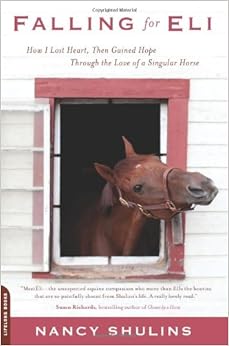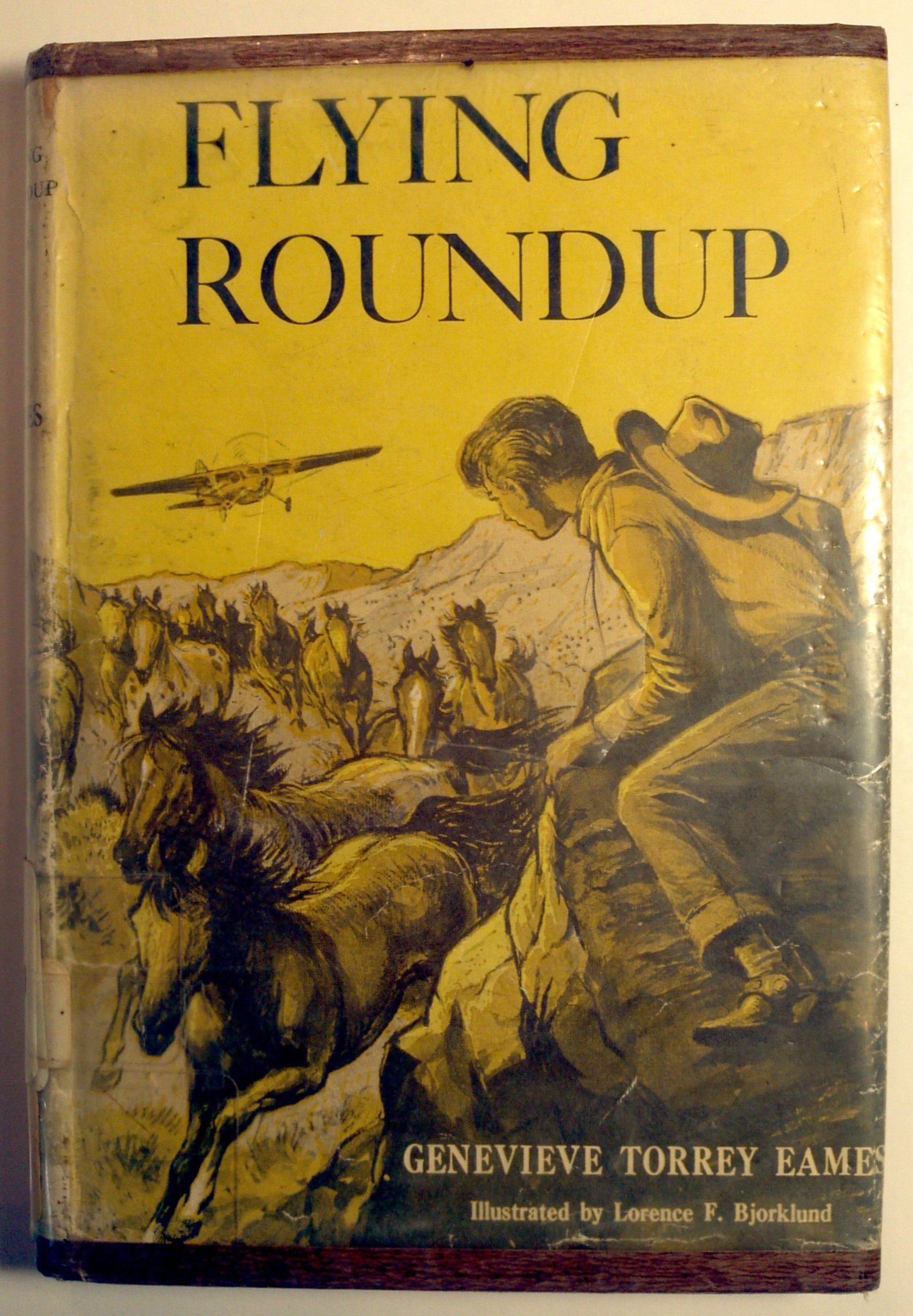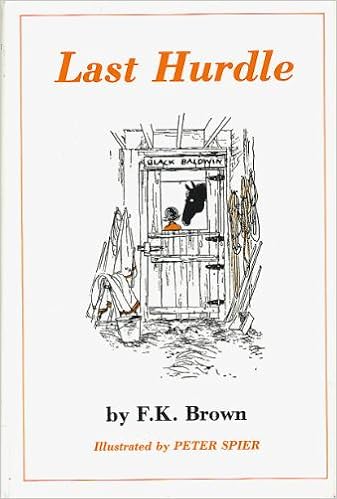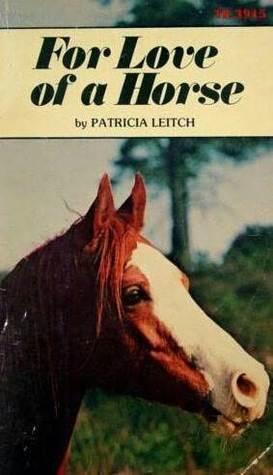And another nonfiction, adult choice.
 Falling For Eli: How
I Lost Heart, Then Gained Hope Through The Love Of A Singular Horse
Falling For Eli: How
I Lost Heart, Then Gained Hope Through The Love Of A Singular Horse
Nancy Shulins
2012, Da Capo Press
This isn’t the party I
pictured all the years I secretly dreamed of this day, little fantasies that
helped me endure every painful procedure that got me to where I am now.
Someday, I’d tell myself, while being biopsied, inseminated, or injected with dye,
this part will be over, and my friends and I will celebrate over mini-cupcakes
in a room filled with spray roses and alphabet blocks… Like the pictures that
change when you tilt the card they’ve been printed on, I have only to shift my
viewing angle ever so slightly for the diaper paul to morph into a feed bucket,
the changing pad into a saddle pad. And with that, my baby shower reverts to a “bridle”
shower.
After years spent trying to overcome infertility, Nancy
Shulins and her husband are done with the quest for a baby. As the journalist tries to understand what
comes next, a friend with a horse brings back memories of childhood riding
lessons. Before she knows it, she’s in
thrall to a dressage trainer. And the
new interest is a lifesaver when her sister, whose children Shulins adores,
moves far away.
The friend’s horse
dies, cruelly, of laminitis. Shulins, grieving, is introduced to a Thoroughbred for sale, and finds herself a horse owner.
That owning a horse in
suburban Connecticut on the eve of the new millennium is a privilege seems
obvious enough on a crisp autumn morning or a balmy spring afternoon; less so
on a frigid February morning when drinking water freezes in buckets and sheets
of ice cover the ground.
I can’t wait.
Her new horse, Eli, enchants her. Less enchanting are her relationships with a
series of instructors, most of them abusive and nasty. Shulins seems extremely tolerant of hard-ass
instruction; at one point she seeks out a self-styled ‘marine’ fitness
instructor to get her in better shape for riding. Between this screaming marine and her two
dressage instructors, she takes a lot of abuse in pursuit of riding well. She’s a successful journalist, and it’s
awkward to criticize her choices, but it’s painful to read the passages about her
trainers.
But of course, the book is about the horse. And she adores Eli, whose feet betray him,
and whose God-given talent as a horse to find new and exciting ways to hurt
himself is always willing to take up the slack when the hooves have been
temporarily fixed. Over the years, she
nurses him back to health repeatedly, at different barns and with different instructors,
riding and tending barn in the depths of winter. And when EPM strikes him, she is crushed
I forgot to rehearse
losing my horse. I’d taken for granted that he’d be here for me, mitigating my
childlessness and equalizing my grief; leading me out of my dark, quiet house
and into the bright light of day.
And aggressively effective, ruthlessly direct. She tracks
down the world’s authorities on EPM and finds an experimental drug that does,
in fact, cure Eli.
A wonderful, funny book. She nails a host of horsey topics, including:
barn life:
“Think of this place
[barn] as a big junior high… Jessie’s the bitchy head cheerleader.”
and
“token male boarders”
the horrors of animal
husbandry:
I try hiding his pills
in sweet feed… I hollow out a Granny Smith apple and stuff it with pills…I try
hiding pills in doughnuts. Oatmeal cookies. Apple Jacks. Straight molasses.
Maple syrup. Peppermints. Mashed bananas. Finally, in desperation I buy a
coffee grinder and pulverize the pills into a powder. I then stir it into
applesauce and plunge the whole mucky mess down his thrown. Homemade applesauce at first, then
store-bought when he makes it clear that as far as his taste buds are
concerned, my grandmother’s recipe has nothing on Mott’s.
the inevitability of
injury
The first buck comes
out of nowhere, pitching me forward onto his neck; the second – a real beauty,
all four feet off the ground – launches me into the air. I’m just thinking how
odd it feels to be suddenly soaring through nothingness like an ejected fighter
pilot when I hit the dirt hard on my left side.
Horses in general
Damn near everything,
to a Thoroughbred, is unexpected.
The winter barn
… extreme cold is what
separates the horse owner from the horse lover.
Etc.
Shulins even managed to keep me reading despite a NJ joke. She grew up in a small town in New Hampshire,
yearning to leave, then went away to college:
At Northwestern
University in Boston everyone seemed to have come from New Jersey, a foreign land
I’d grown up making fun of. From the Brahmins of Bergen County to the Panchamas
of Patterson, theirs was a caste system far more refined than any I’d known in
Cow Hampshire.
And I adored her echo of O. Henry, whose short stories
frequently focused on New York and her satellites in loving/mocking terms:
…. Hoboken, that
perennial punch line on the Hudson…
Websites








